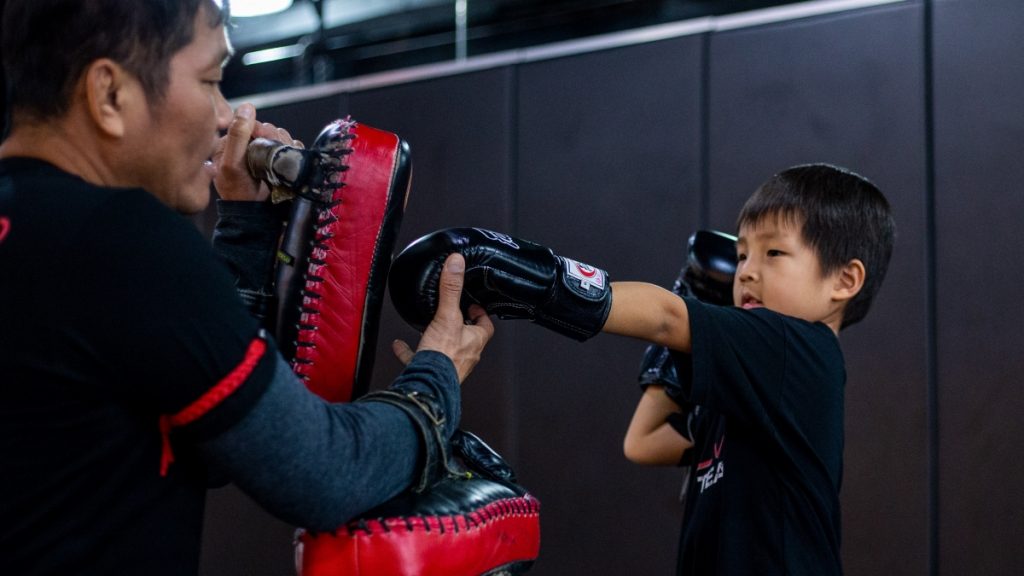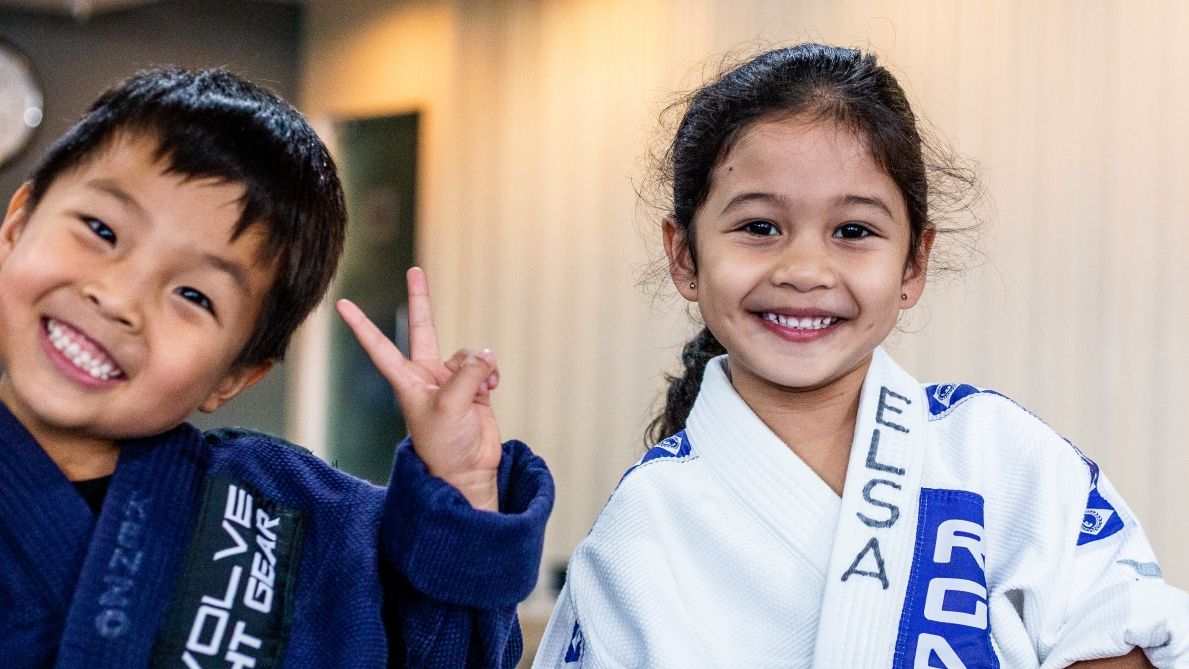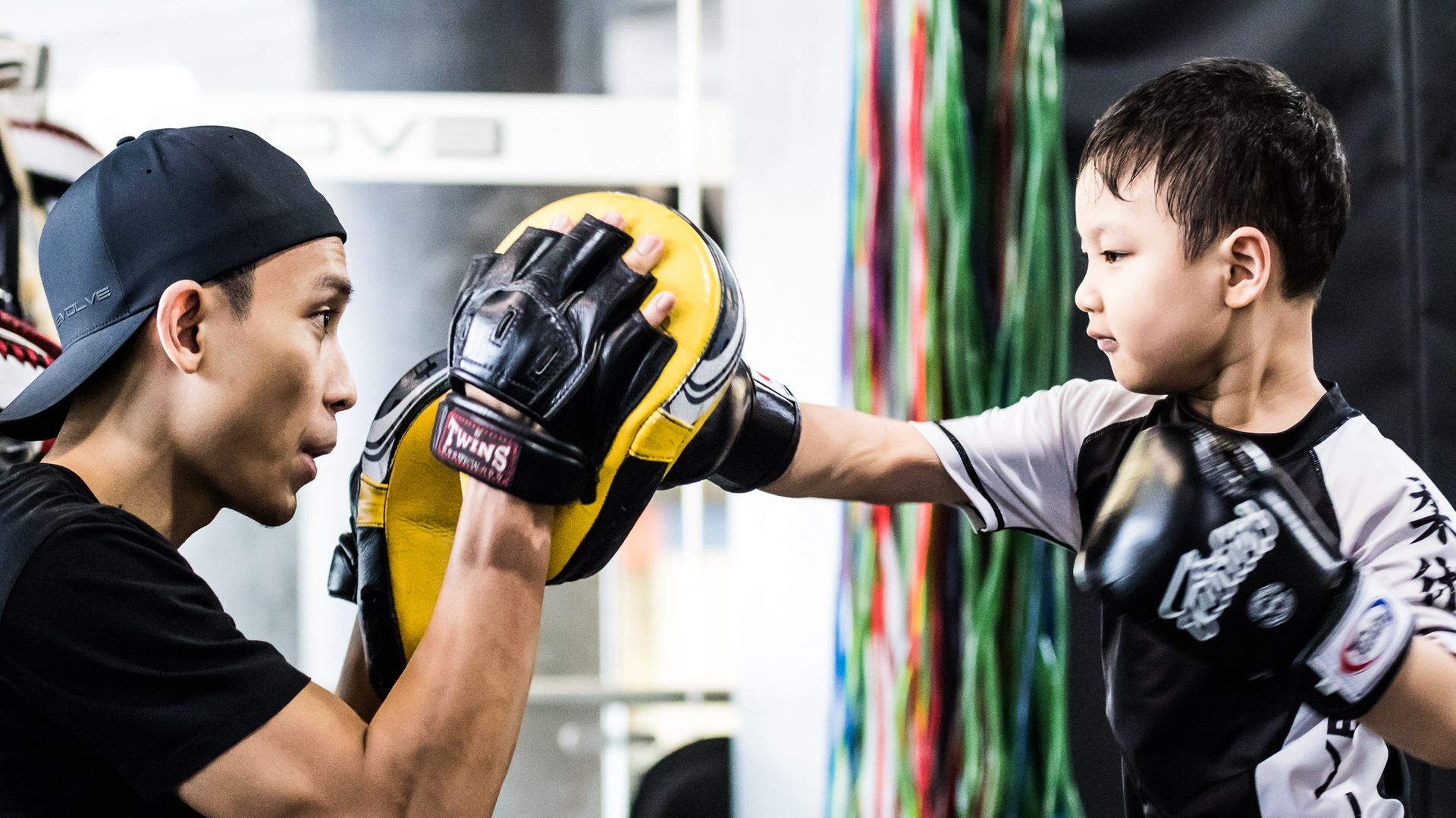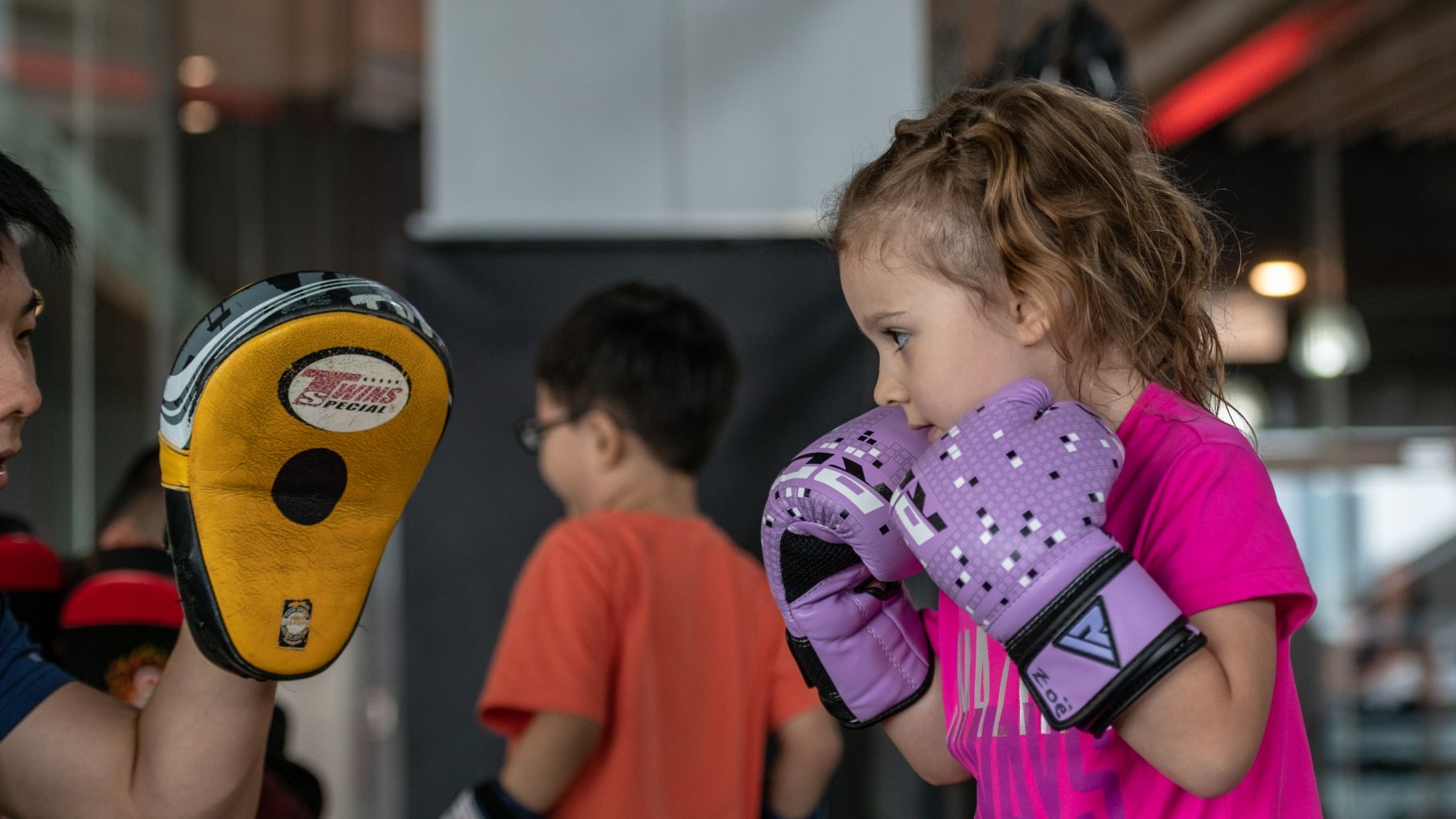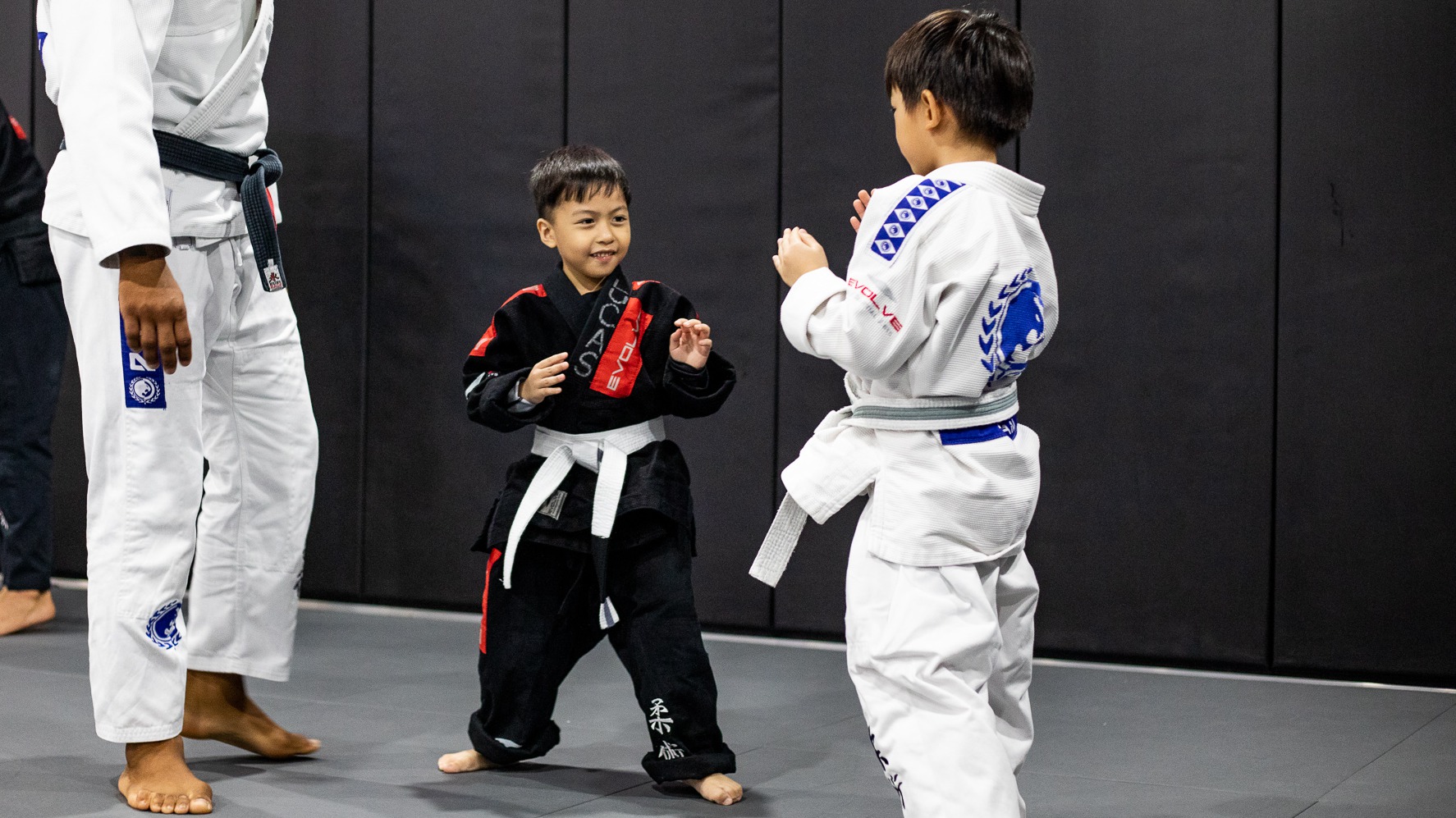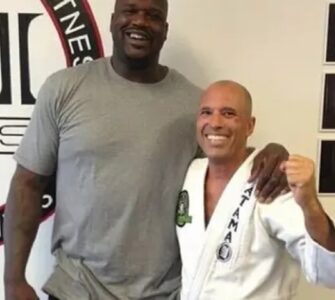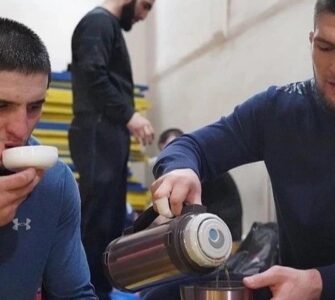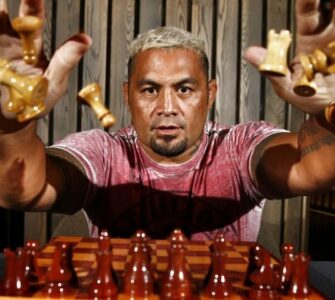Guest post by Evolve MMA, Asia’s premier championship brand for martial arts. It has the most number of World Champions on the planet. Named as the #1 ranked martial arts organization in Asia by CNN, Yahoo! Sports, FOX Sports, Evolve MMA is the best Singapore BJJ gym.
There are a multitude of benefits martial arts classes for kids have. Some of the positive effects martial arts training has on kids may not be immediately obvious. The lessons they learn in the martial arts gym can be applied to every facet of their lives.
One place that martial arts training has a profound effect on is our kids’ experience in school. School is a place children come to learn and grow, but it’s also an environment that can be greatly improved by the lessons martial arts teaches.
Martial arts has the power to improve our kids’ outlook on life. It teaches them to work together, be more confident, and discover their personal capabilities, both physical and mental. In this way, training directly impacts how children behave in school, and how they interact with other students.
As parents, we want to be able to set our kids up for success, putting them in the best position to develop themselves naturally. We want to foster a positive learning environment for our kids to be able to maximize their time and effort in school.
Today, Evolve Daily shares four ways martial arts training actually makes school a better place for your kids.
1) Empowers children with self-confidence
The majority of problems children face in school stems from issues with their self-confidence. Low self-esteem causes a major hindrance in learning and development, slowing their progress significantly. It also causes problems in their relationships with other children.
Martial arts training has a positive effect on our kids’ self-confidence. If your children suffer from a lack of self-esteem, they need to discover within themselves that they can be proud of who they are. Sometimes, this comes down to something as simple as understanding their physical and mental capabilities.
Martial arts training helps kids in this regard by strengthening their physical body and allowing them to move around naturally within their own space. It exercises their minds to think critically, fortifies their response to adversity, and builds their problem-solving skills.
When our children become more confident in themselves, they are much more enthusiastic about school, especially in learning situations, and they have better relationships with their classmates.
2) Improves focus and sharpness
One of the best effects martial arts training has on children, or all students in general, is that it helps to greatly improve on focus and sharpness.
Training involves a lot of drills that require focus and sharpness to execute properly with the right technique. Whether it’s performing combinations on the mitts in boxing and Muay Thai, rolling on the mats in Brazilian Jiu-Jitsu, or practicing transitions in wrestling, the majority of martial arts training regimens enhance the students’ focus and sharpness.
In this manner, martial arts helps children to clear their minds from any mental obstruction and outside interference. It helps them zero in on the problem or task at hand, without the noise clouding their judgment.
This allows them to think critically and quickly, and make intelligent decisions that are built on a solid foundation of technical understanding and experience.
This, of course, translates well into their everyday lives, including inside the classroom. A sharper mind, coupled with unbreakable focus, will help children absorb lessons in school much better than before.
3) Teaches them how to deal with bullying
Bullying is a real problem in society today, not just among children, but also in young adults. It’s every parent’s nightmare. Especially in children, however, bullying has an adverse impact on their lives.
Many children have difficulty dealing with bullying in school, causing them to be insecure and ashamed of who they are. Each child reacts to bullying in a different way.
One of the best ways to rid our schools of bullying once in for all, is for kids to learn the essentials of martial arts. Martial arts teaches kids to deal with bullying by tackling the problem directly. It instills in them the knowledge and the wisdom of self-defense, while raising them in the true values of martial arts such as respect, honor, sportsmanship, responsibility, and compassion.
In fact, respect is a key characteristic of true martial artists. It’s one of the very first things children learn in training. Children learn how to respect their instructors, coaches, and other students. In essence, they then learn to respect everyone else, including their classmates.
Martial arts has the power to end bullying.
4) Gives them a good physical outlet
There is no doubt that martial arts training improves all aspects of our kids’ lives. In addition to its many mental and social benefits, martial arts gives children a fun, wholesome physical outlet to expend their pent up energy.
Children need playtime, it’s a very important part of their day. Martial arts class is the best playtime children can have. Not only do they have fun in class training with their gym mates, but they also have fun learning the different techniques.
Furthermore, physical exercise releases endorphins, the happy hormones that give your children a more positive outlook on life. It trains the body to work in unison with the mind, improving coordination.
In just a few sessions, students are happier as they’ve discovered a good physical outlet after class.

